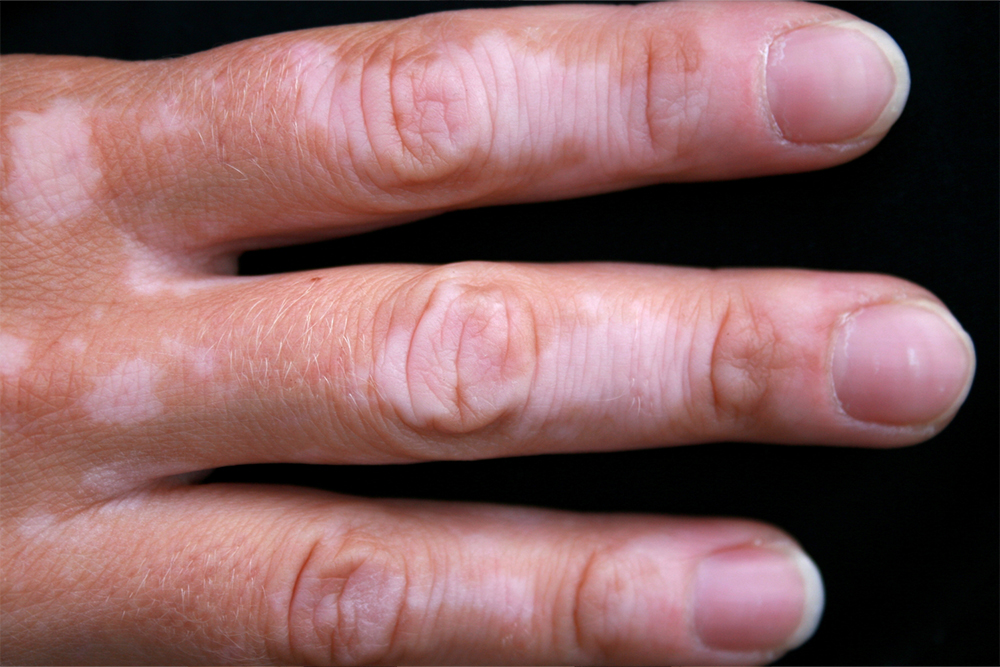
Health
Myelofibrosis – Common signs and diagnosis
Myelofibrosis is a form of blood cancer. It causes scar tissue to develop in the bone marrow. A type of chronic leukemia, myelofibrosis also leads to increased production of abnormal blood cells. Over time, these abnormal cells start replacing normal healthy cells, leading to various symptoms such as anemia, which causes weakness and fatigue. Although myelofibrosis is a rare blood cancer, its warning signs and symptoms are often similar to other chronic health conditions. Warning signs of myelofibrosis Myelofibrosis is known to progress slowly over several years. So, the symptoms do not become apparent in the early stages. In fact, nearly one-third of those who are diagnosed with myelofibrosis do not show the signs in the starting stage. Once the symptoms start to show up, they quickly become worse. So, a person usually experiences severe fatigue. Often, the spleen also becomes enlarged. Some of the common warning signs of myelofibrosis include the following- Fever Itching Pale skin Loss of appetite Night sweats Frequent infections Enlarged spleen or liver Bone or joint pain Pain or fullness below the ribs on the left side Unexplained blood clots Abnormal bleeding or bruising Enlarged veins in the stomach and esophagus, which may sometimes rupture and bleed Shortness of breath If any of these symptoms last long, it is important to consult a healthcare provider to ensure timely diagnosis and treatment.









